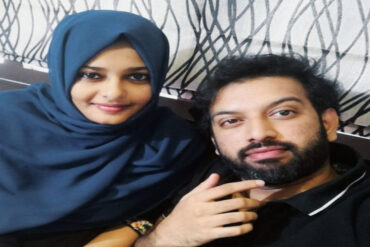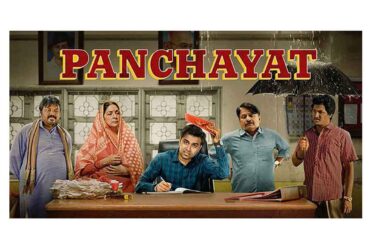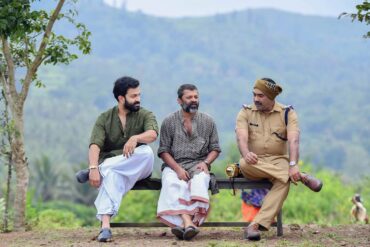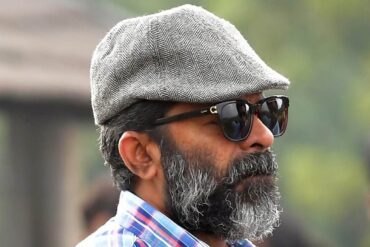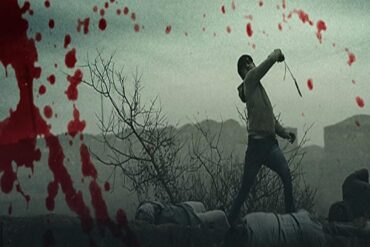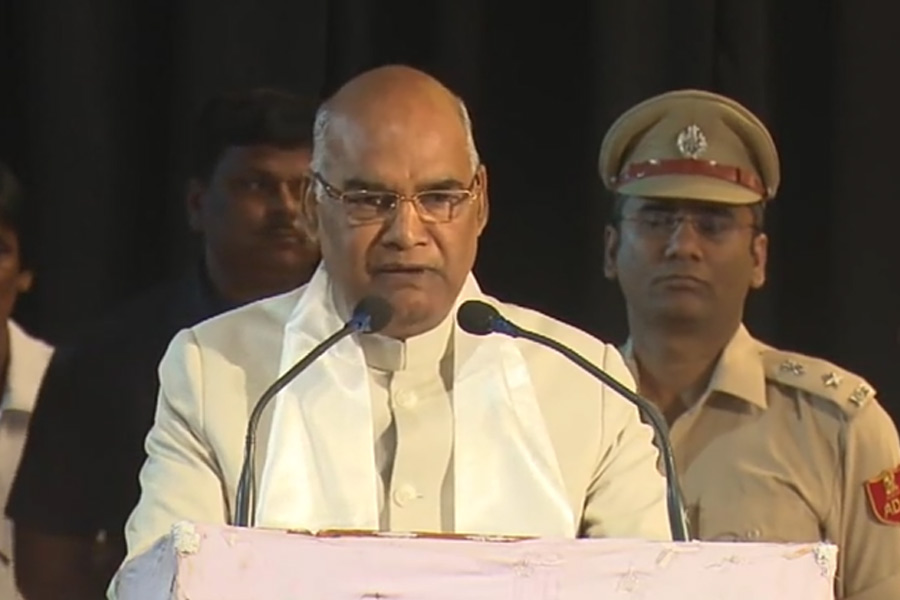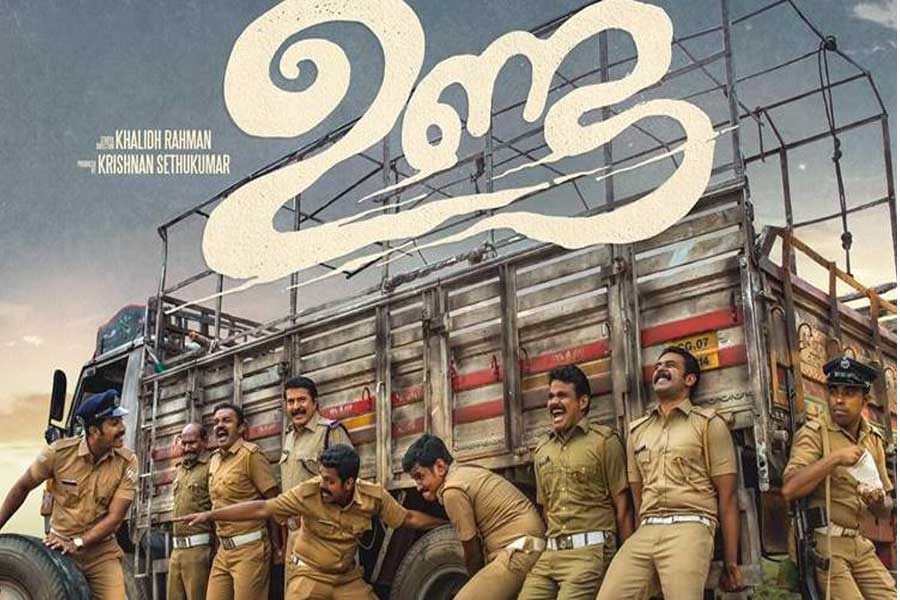
We hardly give a thought to the extraordinary human effort that goes into keeping the world’s largest democracy alive and kicking—or, to use the official jargon, conduct ‘free and fair’ elections. And this year the protracted electoral exercise engaged us far longer than usual. In Unda, director Khalidh Rahman conjures up a scenario that shows the toll it takes on those responsible for ensuring that the humungous task is conducted smoothly. Reminiscent of the 2017 Hindi film Newton, which explored election-bound Chhattisgarh, Unda trains its lens on a contingent of Kerala Police sent to man the elections in the Bastar region of Chhattisgarh—infamous for Maoist insurgency.
One needs to first explain the obnoxious and strange sounding title of the film: Unda. The literal meaning is ‘Bullet’, and it is aptly used as there is a rationing of ammunition. But, colloquially the word connotes a laddoo or a big zero, often used to tease someone when he/she has done badly in exams and is expected to get a zero in the result.
The director who is credited with the story says he was inspired by a newspaper report. However, he could not elicit any further information about the assignment because it was out of bounds to him. So, he went about fleshing out the report and what he does is quite interesting; he makes his characters seem like regular, ordinary people and not the Khakhi-clad, well-trained, powerful police force. And it’s in the tiny details that we learn about a police officer’s personal problems and issues. To cite an example, the senior officer (played by director Ranjith) gets off the train in Chattisgarh with the usual trouble of bloating and gas after a long journey. And Ranjith discovers that a minor trouble like that can be bothersome if there are no medical shops around.
Soon the picnic mood of the team evaporates as they realise that they don’t have the basic amenities that they take for granted in Kerala. Without arms and ammunition, they are sitting ducks in Maoist country. That’s where the chief protagonist unda becomes relevant for survival.
As the battalion splits up, we follow a nine-member team headed by Sub-Inspector Mani (Mammootty). They are assigned to guard the school building where elections would take place. Their ignorance and lack of training makes it seem comical. With no bullet proof jackets and metal detectors, the film soon turns absurd with the Indo-Tibetan Border Police Force, stationed close by, refusing to help.
The screenplay by Harshad is layered and we get insights into each character and the interplay between them. None of them has used firearms in real life and their vulnerability is evident. “Who are these Maoists and what are their demands?” is on every policeman’s lips. “Why can’t they leave us alone? asks one of them as they sit in the jungles defending democracy. Cut back home, the Kerala Police is on their regular job itching to lathi-charge a bunch of unarmed protesting students. Quite a contrast to the team that’s unsure if they will make it alive as they brave landmines, petrol bombs and what not.
Mammootty, who plays an ageing and wary policeman is perfect for the role. His fear of the unknown is palpable and he keeps massaging his left bicep after he is told that he may be having heart trouble. He does not have a bombastic dialogue or a punch line, yet he is endearing as ever. He is ably supported by eight youngsters led by Shine Tom Chacko, who carries on his form from the film Ishq. But for sure, you will laugh with astonishment all through the film.

